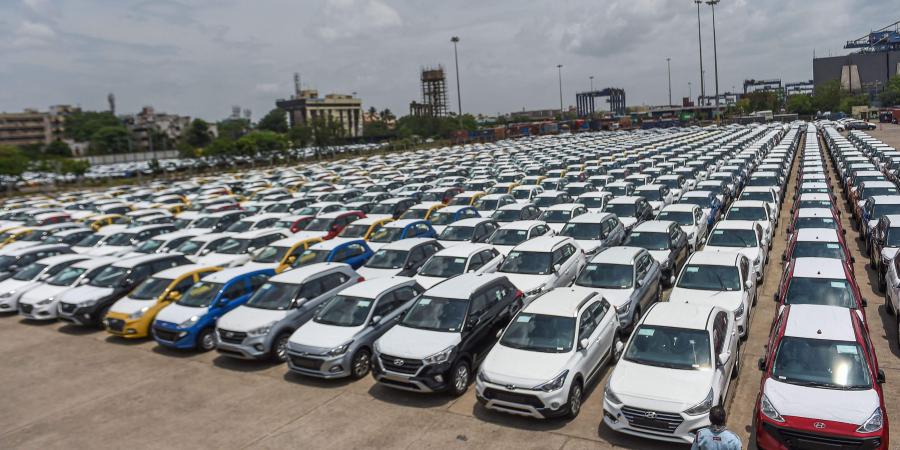August 18, 2020: The import of reconditioned cars has dropped by 60 percent in fiscal year (FY) 2019-20 compared to the previous FY 2018-19 due to tariff inequality and declining sales.
Customs House Chattogram (CHC) authorities have earned Tk 253 crore as revenue in FY 2019-20 whereas it earned Tk 651 crore as import duty from the cars in FY 2018-19.
According to the CHC, the authorities earned Tk 223 crore as revenue from the import of 5,223 reconditioned cars in FY-2019-20, which was Tk 651 crore from the import of 13,044 such vehicles in FY2018-19.
That suggests the import of reconditioned cars has decreased by 7,821 or 60 percent through Chattogram port in one year.
Car importers said that the import of reconditioned cars dropped due to the government’s tariff inequality which was increasing the import duty and its declining sales in domestic market of these vehicles.
Abdul Haque, president of the Bangladesh Reconditioned Vehicles Importers and Dealers Association (Barvida), told The Daily Star, “The price difference between a reconditioned and a brand new car is very insignificant due to the reduction in the depreciation facility offered by the government.
“Customs is imposing duty on brand new imported vehicles on the basis of prices mentioned in the invoice but this method are not followed on reconditioned cars. Customs authorities imposed fixed price on an imported reconditioned cars and for this reason we have to pay Tk 2 lakh to Tk 3 lakh as additional duty. As a result, our sales have also come down due to higher prices of cars.”
“Due to the nominal difference of import duty between brand new and reconditioned vehicles, the government is losing a large chunk of potential revenue from the sector, he said, adding that “Car prices are now out of reach for many buyers. If the government reduces duty on reconditioned vehicles, car imports will increase and the government will earn more revenue form the sector.”
Meanwhile, the National Board of Revenue considers the yellow book price — the international yardstick for car prices — for duty assessment of imported reconditioned cars. However, importers buy their cars below the price mentioned in the yellow book.
Monzurul Alam Chowdhury, former vice president of Barvida, who is also the managing director of Multination Company Ltd, told The Daily Star, “Due to the high duty on the import of reconditioned vehicles, the selling price of cars also becomes too high. Around 850 reconditioned vehicle importers had involved the sector but now most of the importers are leaving the business.”
Reconditioned vehicle traders have to pay 31 percent to 826 percent in import duty depending on car engine capacity, apart from 15 percent VAT, 5 percent Advance Tax, 5 percent Regulatory Duty, and 4 percent advance trade VAT on tariff value.
Source: The Daily Star






